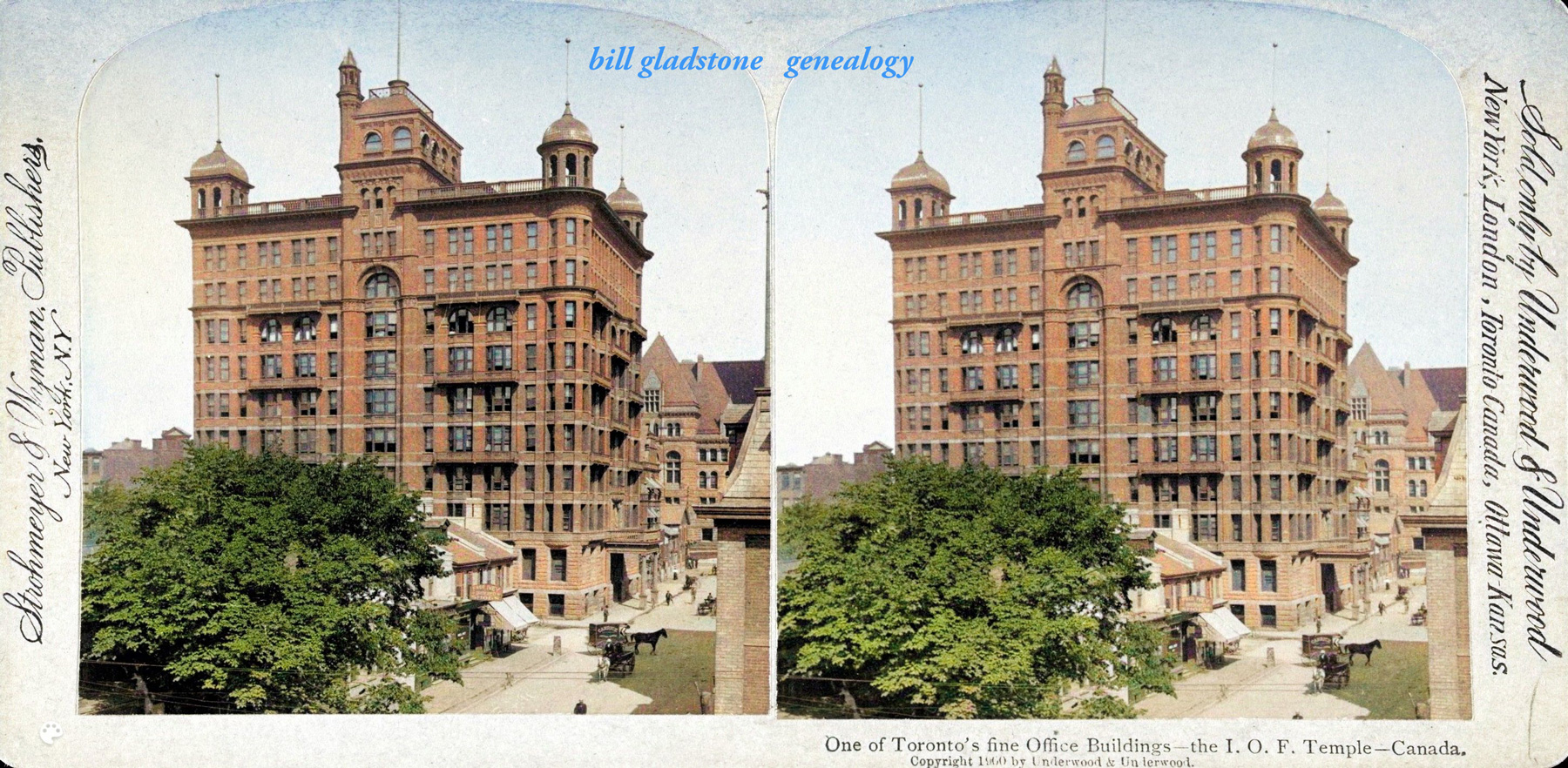Toronto legal secretary Debbie Klavir-Donda and her aunt, Shelagh Klavir, a travel agent, are preparing to welcome about 100 relatives to a family reunion next month at a resort in Huntsville, Ont.
With the exception of their own small family circle in Toronto, all of the various Klavir relatives are flying in for the “reunion” — a word that Debbie admits she is using very loosely, since these family members have never been united before.
They are coming from Argentina, Brazil, Hawaii, Israel, Ireland, the Netherlands, Luxembourg, and all across the United States. One of their relatives from Holland, and his fiancee from Australia, plan to get married at the reunion. The couple, whom Shelagh describes as “baal t’shuvah Lubavitchers,” are bringing their rabbi to Huntsville for the ceremony.
Less than two years ago, Shelagh and Debbie knew of only a handful of cousins. Then, in October 1997, an Israeli genealogist named Meyer Denn contacted them, seeking Klavers — alternately spelled Klawir and Klavier, among other variants. The name has even been anglicized as Glover.
Did their family come from Lublin, Denn asked? Debbie and Shelagh responded that the family had come from Warsaw, and had immigrated to Ireland.
“Ireland was evidently the magic word that allowed Meyer Denn to make an instant connection,” Shelagh recalls. “He had traced the family back to about 1750, to a couple named Moishe and Itty Klaver in Lublin. They had 14 children, three of whom immigrated to Ireland with their families.”
The name Klaver, incidentally, came from the piano-like instrument, and was acquired because some ancestors manufactured pianos in the 18th century. Debbie, intrigued by the stories she was learning about her roots, established a family newsletter, named Klaver Notes with the musical motif in mind.
She also volunteered to organize the first Klaver family reunion.
“I’m the sole organizer of this thing,” she says. “The logistics of it all were overwhelming at first. We’re expecting about 100 people and I’ve never met one of them. I have written to, corresponded with, and spoken to all of them over the past year, but I don’t know any of their faces.”
It was only about five weeks ago that her Dutch cousin announced that he and his fiancee would like to be married at the reunion. One doesn’t have to be a genealogist to understand how irresistible such an idea can be. What better occasion to wed than at a unique family gathering that honors and remembers a lineage going back 250 years?
Now Debbie is gladly helping to organize the wedding as a central event within the four-day reunion. “It’s a glatt-kosher wedding,” she says. “I’ve had to find someone to provide glatt kosher sushi for 90 people.”
Meyer Denn, the Israeli genealogist, is one of several family researchers who are hoping to make new discoveries at the reunion. Debbie, however, intends to concentrate on the logistics of welcoming 100 relatives from all around the world, and says she will be pleased to leave the genealogical research to the experts.
The first bus is scheduled to carry participants from Toronto to the Grandview Resort in Huntsville early in the afternoon of Friday July 23. Shelagh, responsible for the Friday night wine list, is making sure to include some Manischewitz along with the various Rieslings and Chardonnays.
Despite the organizational challenges, Debbie seems as upbeat and excited as Shelagh is about the upcoming reunion. “This has brought such richness into our lives,” says Shelagh. “I can’t tell you what it’s done for us.”
Soon they will put faces to the names, and give ear and voice, alternately, to the family stories that have been waiting for just such an occasion to emerge. For most participants, a reunion like this, involving such long-separated branches of a family tree, can only be an intensely interesting and dramatic event, with many unseen, and perhaps even mystical, effects and overtones. ♦
© 2001





